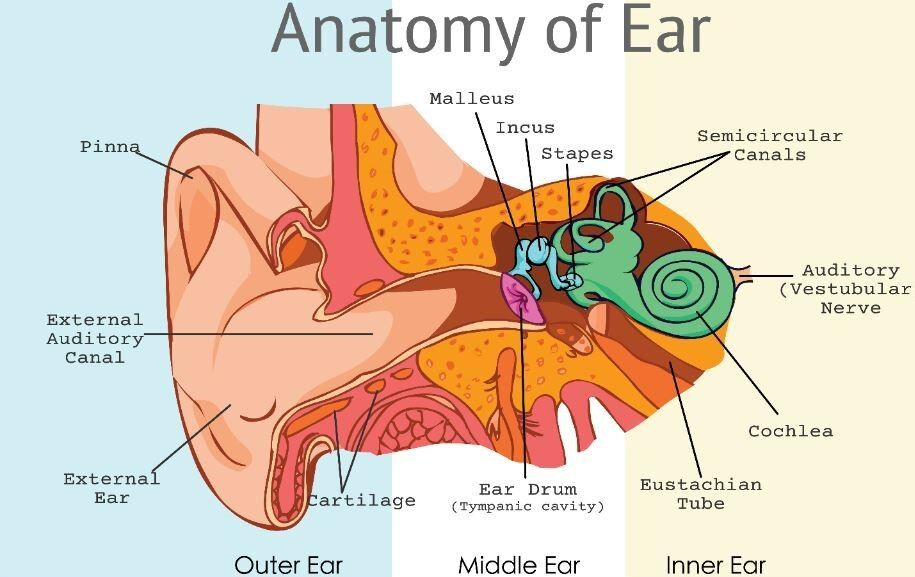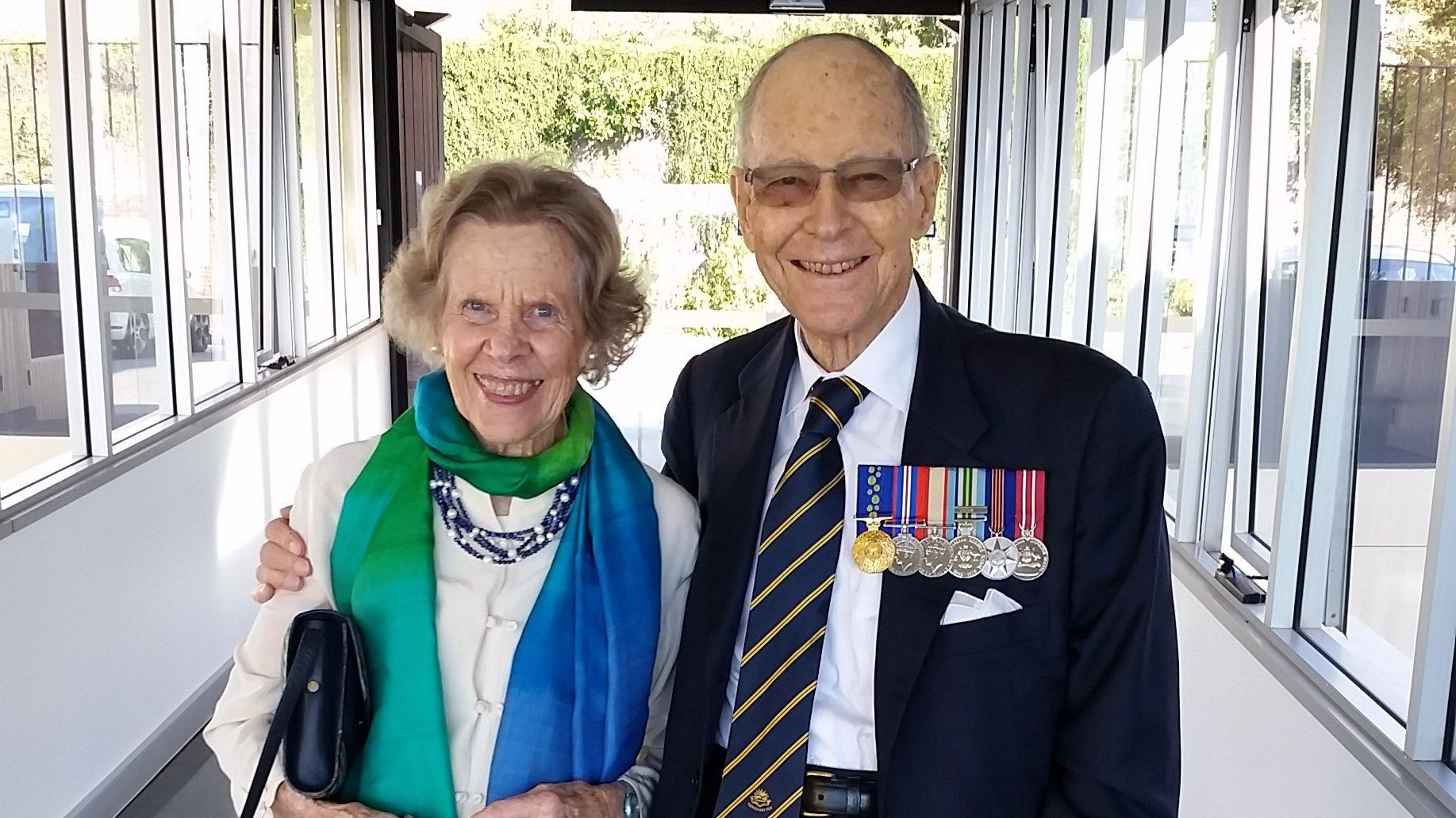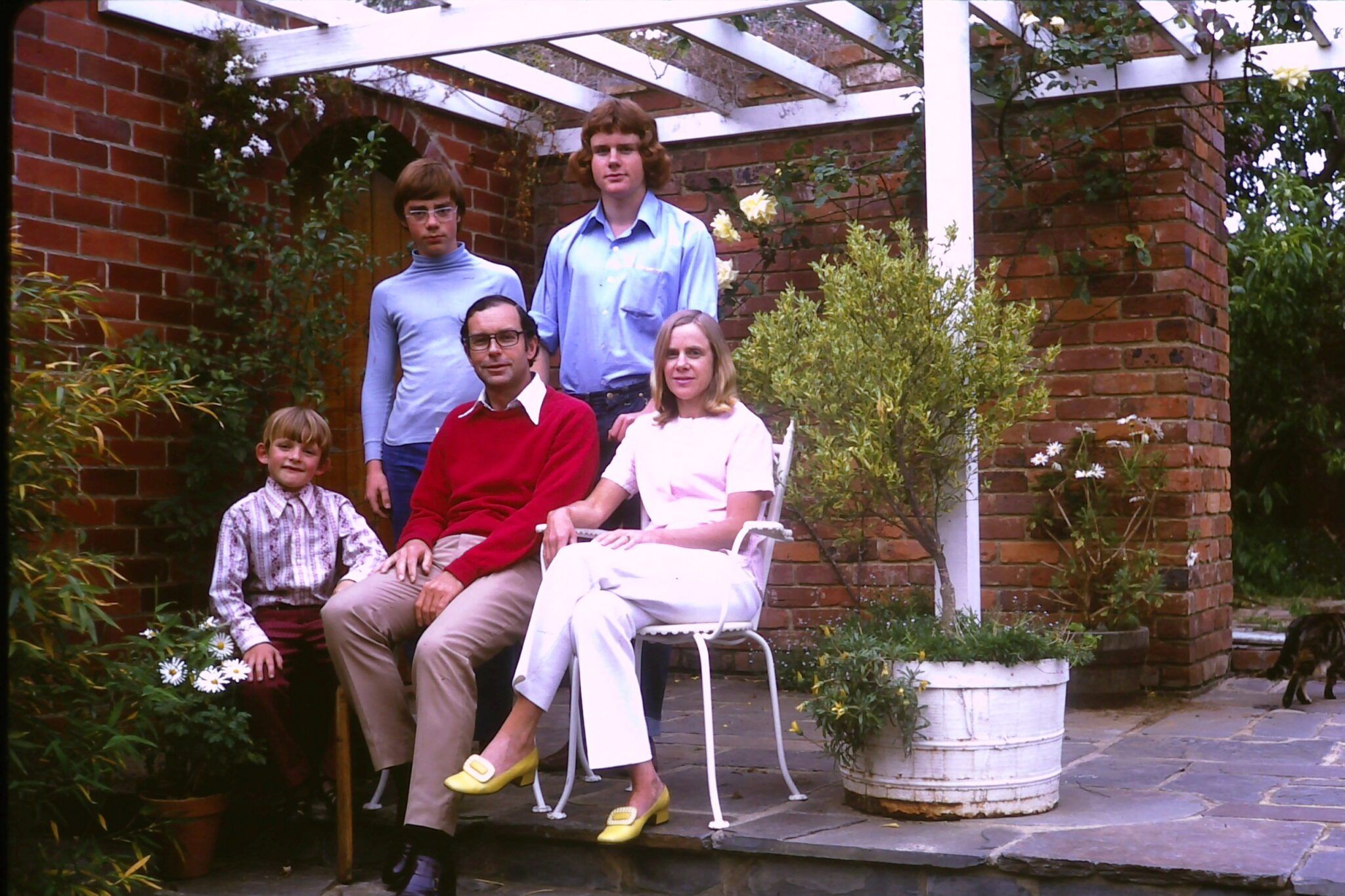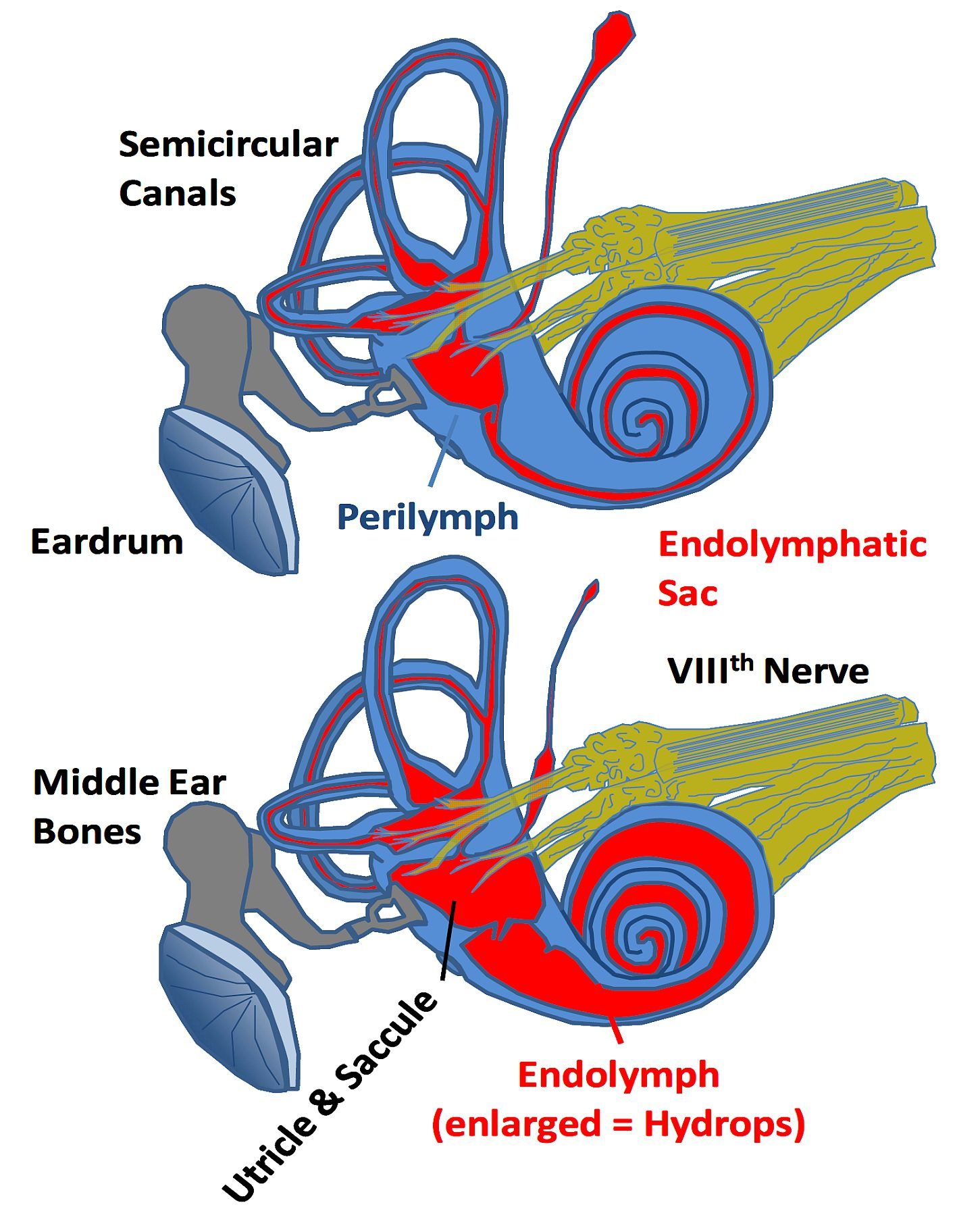George Jones with his wife Penny on holiday in New Zealand.
Author | Carmelle Wilkinson
When George Jones came to, he was under water at the Fremantle Marina.
Fully clothed, and with no memory of how he got there, the icy cold water had jolted him awake.
Earlier that evening the Curtin honorary doctorate recipient and former mining magnate had been sleeping on his yacht at the Fremantle Sailing Club when he woke at about 2am to use the bathroom.
“The last thing I remember was walking out on the deck, and then everything went black,’’ George said.
“I must have passed out and fallen into the water. Heaven knows how I didn’t hit my head as I fell.”
A general practitioner later told him that if it weren’t for the temperature of the water that night which suppressed his breathing for a few seconds, he could have died.
Unfortunately, these blackouts were becoming the norm for George.
A fit and healthy 36-year-old at the time, he experienced more frightening episodes before being diagnosed with the debilitating and mysterious inner ear disorder known as Meniere’s Disease (pronounced “many airs”) 20 years later.

There is still great mystery surrounding the cause and treatment of Meniere’s Disease.
“The first time I knew something was wrong was probably back in 1980. I was at our home in Melbourne walking up the stairs when I just collapsed, giving my young daughters quite a scare,’’ he said.
“After that, the blackouts started to occur about once a year and each time I was left with little memory of what had occurred. It was quite frightening and incredibly stressful, and the episodes left me feeling quite unwell afterwards.”
George recalls another incident when he blacked out on a plane, hitting his head on impact and requiring urgent medical assistance – thankfully a medical doctor was on board.
By then, he had been misdiagnosed as having Labyrinthitis, a disorder that causes inflammation of the inner ear, and was placed on medication to help control his symptoms.
Several years on, and more frightening blackouts later, George discovered that a leading ear and hearing specialist, Professor Marcus Atlas, was located right here in Perth.
“After 20 years and several misdiagnoses, it took Marcus just 10 minutes to tell me I had Meniere’s, and that it was quite advanced,’’ he said.
“He told me there was little they could do in terms of treatment, but I could undergo surgery to sever the balance nerve to my right ear.
“Despite the complexities and risks associated with the surgery I knew I couldn’t go on living like this.
“When I awoke from surgery, I had no balance whatsoever. It took about 12-13 weeks of rehabilitation before I started to feel steady on my feet again.”
Following surgery, the blackouts stopped.
Reflecting on his surgery some 12 years ago, George said it saved his life in more ways than one.

Now retired, George Jones is raising awareness about Meniere’s Disease.
As the former chairman of Australian mining company Sundance Resources Limited, George was meant to be on the fateful flight that crashed in West Africa, tragically killing all on board.
Speaking about the terrible disaster, George said it if he hadn’t been recovering from ear surgery, he would have died alongside his colleagues.
Now retired, the WA philanthropist is collaborating with Curtin University in its mission to raise awareness about Meniere’s.
Affecting more than 40,000 Australians, Meniere’s continues to be overlooked and misunderstood in the community.

The delicate and complex anatomy of the inner ear.
With no cure or effective treatment, it causes a myriad of unbearable symptoms such as extreme attacks of vertigo and nausea, along with progressive hearing loss, tinnitus, and brain-fog.
The symptoms can go into remission for months or years, but then strike again with little or no warning, causing immense fear and anxiety for sufferers.
Former sufferer Juliet Kirkpatrick (92 years old) said the disorder wreaked havoc on her life for years.

Juliet and Bruce Kirkpatrick strongly support research into Meniere’s.
Attacking without warning, Juliet describes extreme cases of vertigo and stomach-churning nausea, leaving her incapacitated for hours.
While the attacks varied in duration, their sheer severity left her feeling mentally, and physically exhausted.
“People sometimes think Meniere’s is just a dizzy sensation, but it is so much worse. It’s like a terrifying nightmare that you can’t wake up from. It’s a dreadful disease,’’ she said.
“When it strikes you can’t think about anything else. Your world is sent into a spin.”

Extreme vertigo is a frightening symptom of Meniere’s that can last several hours.
Often mistaken for other inner ear disorders, sufferers endure years of violent and distressing episodes before an accurate diagnosis is given.
“One time it came on so suddenly I just fell to the floor, while the room spun out of control around me. I felt very sick and was vomiting and having bowel movements at the same time, which as you can imagine wasn’t very attractive,’’ she said.
“But what was frightening was the unpredictability of it. You could be happy, enjoying your life one minute, and the next you’re curled up on the floor.
“Another time, it struck when I was home alone, and I crawled to the front door to let the doctor in. I don’t know why I called him, because I knew he couldn’t help me, but I just wanted someone to be there.”

Juliet and Bruce with their three sons in Melbourne, before the onset of Meniere’s.
Doctors assumed it was caused by the stress dismissed it as nothing worth investigating.
Years went by and the attacks got more frequent and severe, eventually leading to hearing loss in her left ear.
It was later at St Vincent’s Hospital in Sydney where she was being fitted for a hearing aid, that Juliet first heard about the Meniere’s Support Group.
Thanks to advice and encouragement from members, Juliet was prompted to see renowned Sydney otologist and ENT surgeon, Professor William Gibson, who finally diagnosed her with Meniere’s Disease.
“The disease disrupted my life for years. Sadly, inner ear surgery was unable to fix it, and I continued to have attacks afterwards. But thankfully the attacks stopped on their own about 10 years ago now,’’ she said.
Having seen his wife struggle with the fear and anguish of Meniere’s for over a decade, Bruce established the Meniere’s Research Fund in 2001, to support research into this debilitating disease.
Meniere’s researcher Daniel Brown, now at Curtin, was formally engaged by the Meniere’s Research Fund in 2007 to study the disease at Washington University in St Louis, Missouri (USA) following completion of his PhD in Auditory Neuroscience.

Meniere’s researcher Dr Daniel Brown from Curtin.
Studying the pathological mechanisms that underlie the symptoms of Meniere’s Daniel has developed new treatments that he is currently testing in pre-clinical trials.
A country boy from Geraldton, Daniel returned to WA with his family in 2019 to continue his research at Curtin, working extensively on new therapeutical approaches to Meniere’s.
With a strong interest in neuroscience and a fascination with the complexities of the inner ear, Daniel is dedicated to finding effective treatment for Meniere’s symptoms.
“The inner ear is both structurally and physiologically complex,’’ he said.
“If we think about the cochlea, the small snail-shaped structure in our ear, there are thousands of extremely motion-sensitive ‘hair’ cells that enable us to sense sound and motion. These hair cells are so sensitive to movement that even the smallest abnormal disturbance in fluid pressure can cause debilitating hearing and balance dysfunction.
“In people with Meniere’s there is an abnormal regulation of fluid pressure in the inner ear, which displaces hair cells and causes a range of distressing symptoms, some of which develop suddenly.”
While the characteristics of Meniere’s usually show up in one’s late 40s – early 50s, there are children as young as 10 who have been diagnosed.
Because symptoms vary greatly from person to person, and symptoms naturally wax and wane over time.
It is also challenging to distinguish Meniere’s from other hearing and balance disorders, which can present similar in the early stages.
“What we find is the moment someone starts to feel better we don’t know if it’s because of the treatment they are receiving, or if the disease is just entering a remission phase,’’ he said.
Daniel said attaining the right medical treatment is further complicated because what works for one person, doesn’t always work for another.
“There is a general consensus that Meniere’s can be caused by a number of underlying pathologies or be multifactorial in nature,’’ he said.
“While some sufferers might have inherited it as a genetic disorder, others may acquire it over the course their lives, either through a viral infection, autoimmune disease or through physical trauma to the head.
“To find an effective treatment for all sufferers, we first need to identify commonalities in the pathway causing the symptoms of Meniere’s.”
Daniel is currently assessing new therapies to bring relief to sufferers and restore their quality of life.
“No one should have to suffer as both Juliet and George,’’ he said.

Daniel said Meniere’s sufferers had an abnormal regulation of fluid pressure in their inner ear.
Looking ahead, Daniel’s next phase of research will investigate how to best deliver drugs to the inner ear of Meniere’s patients, whilst also trialling the efficacy of new drugs.
To support Daniel Brown’s research in Meniere’s Disease, please contact Head of Advancement Health Sciences Fabienne Vonarburg give@curtin.edu.au
Author | Carmelle Wilkinson
___



